Creative curiosity
by Alison O'Byrne
Manuela Mannino and Nicholas J Hickson are co-founders of THDP, a luxury interior design studio based in London. They sat down with us for a chat about their creative process.
Photo: Linda Scuizzato
For partners Manuela Mannino and Nicholas J Hickson, their relationship is one of constant creativity. As directors of THDP, their portfolio includes hotels, restaurants, and residences all over the world, with their approach springing from a sense of endless creative curiosity.
ALHAUS magazine: Can you tell us about the ethos of your partnership and how that has changed THDP over time?
Nick: We initially met in London but started our company in Italy in 2005, opening the studio as a reaction to being offered a project (the Pragelato Resort in Northern Italy). At that time we didn't have hospitality experience and, for me, the challenge was also leaving the UK to work in Italy. Manuela and I did a lot of residential design before, so it was a vertical growth. After that, we moved back to London and started our office in Greenwich.
AM: Can you tell us about a favourite recent project and why it stands out?
Both: It's hard to pick... we loved Frankfurt and its Hudson Yards Bar and Indigo Venice and its Savor Restaurant. Terme di Saturnia Natural Destination is a magical and one-of-a-kind place. Then DoubleTree Rome Monti, in Rome, is all about celebrating the location and principles of biophilia (biophilic design supports cognitive function, physical health, and psychological well-being).
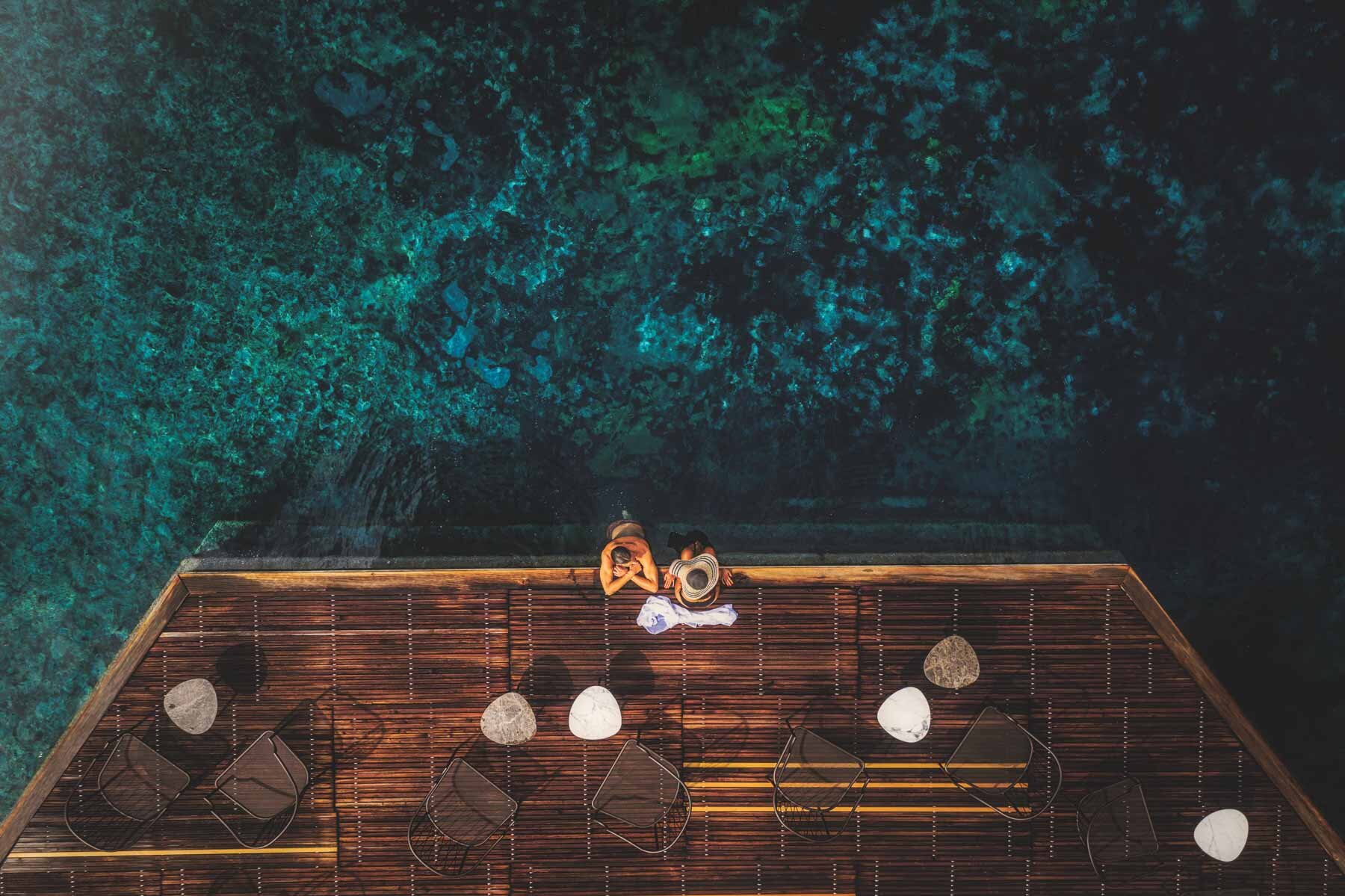
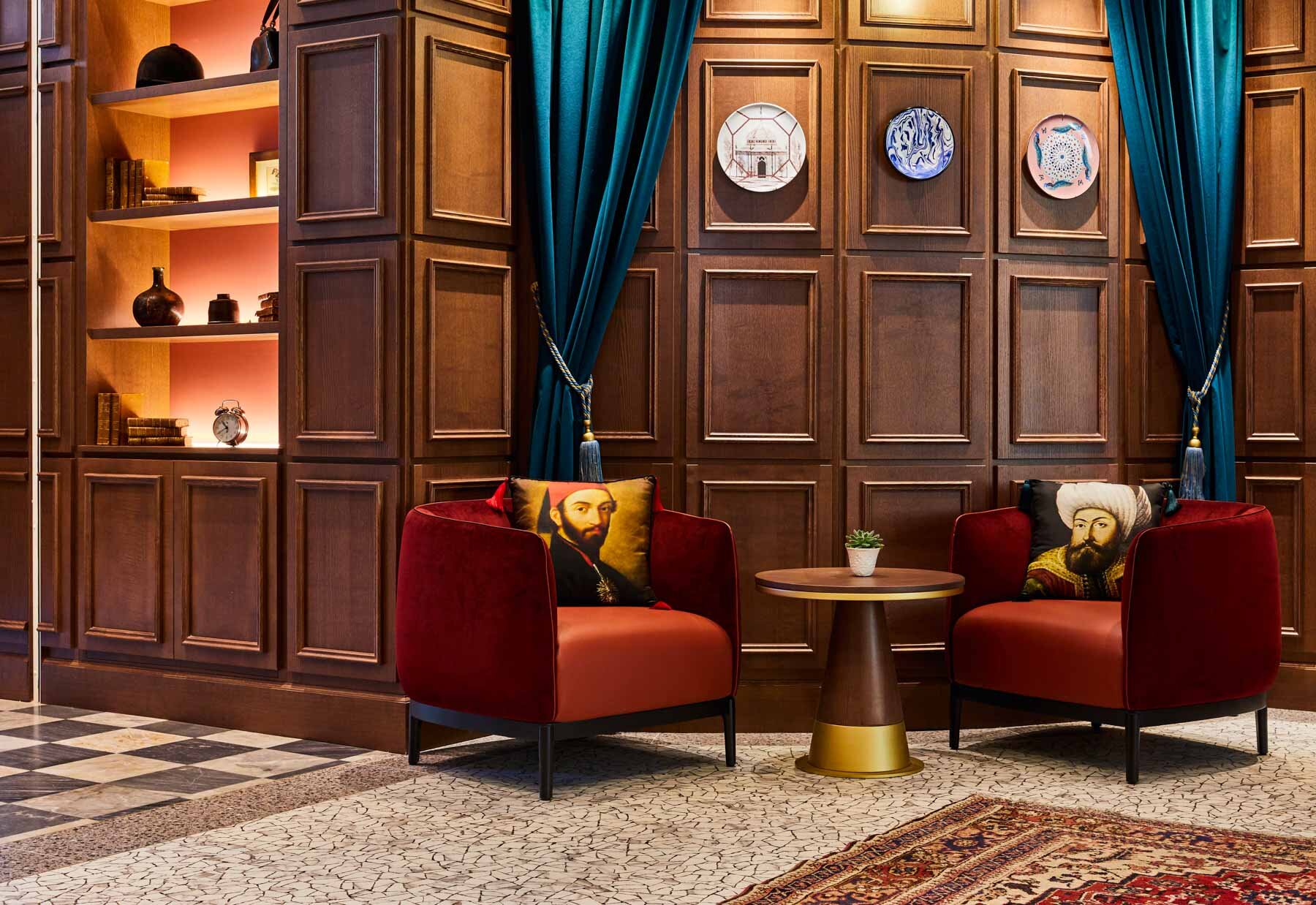
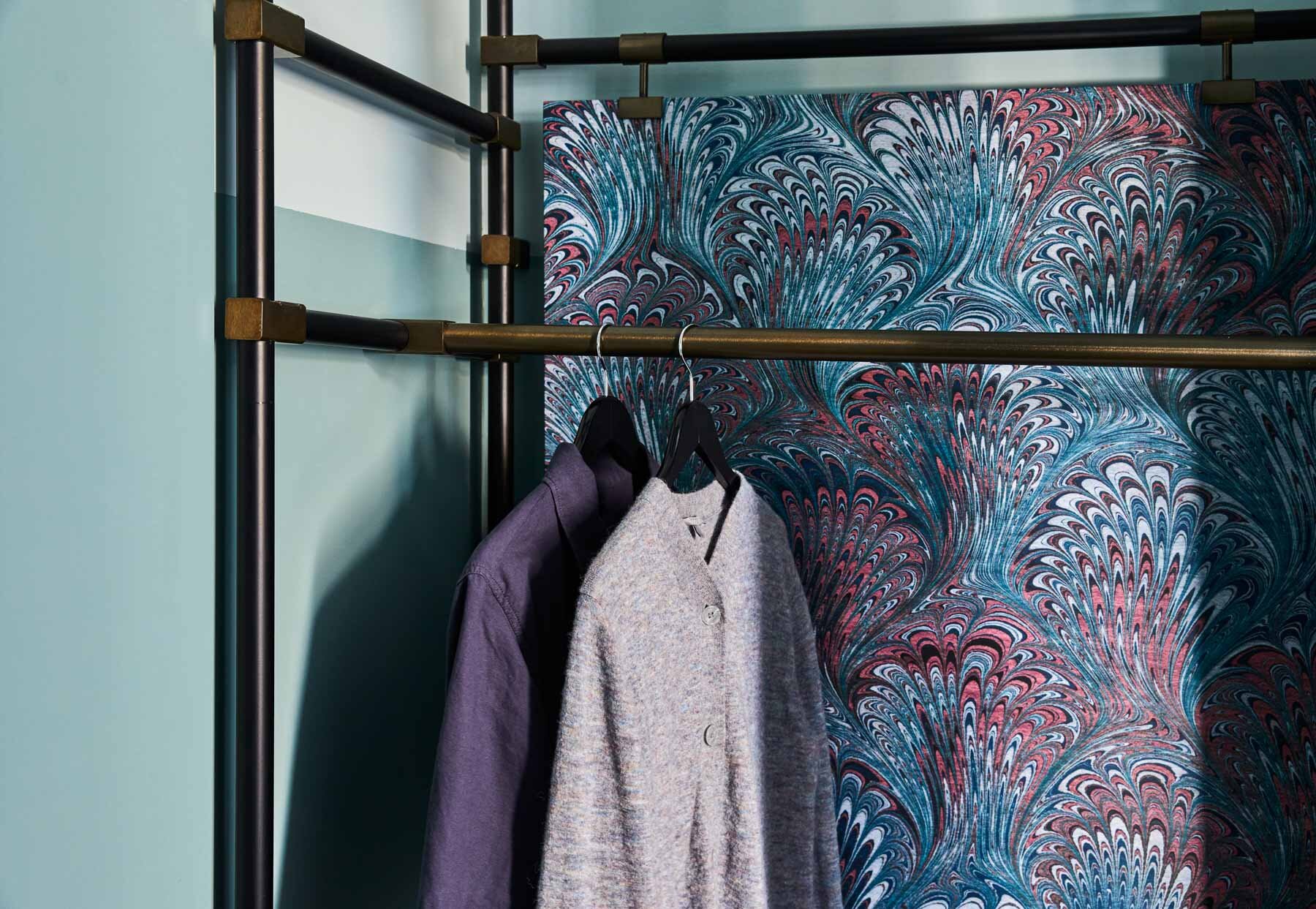
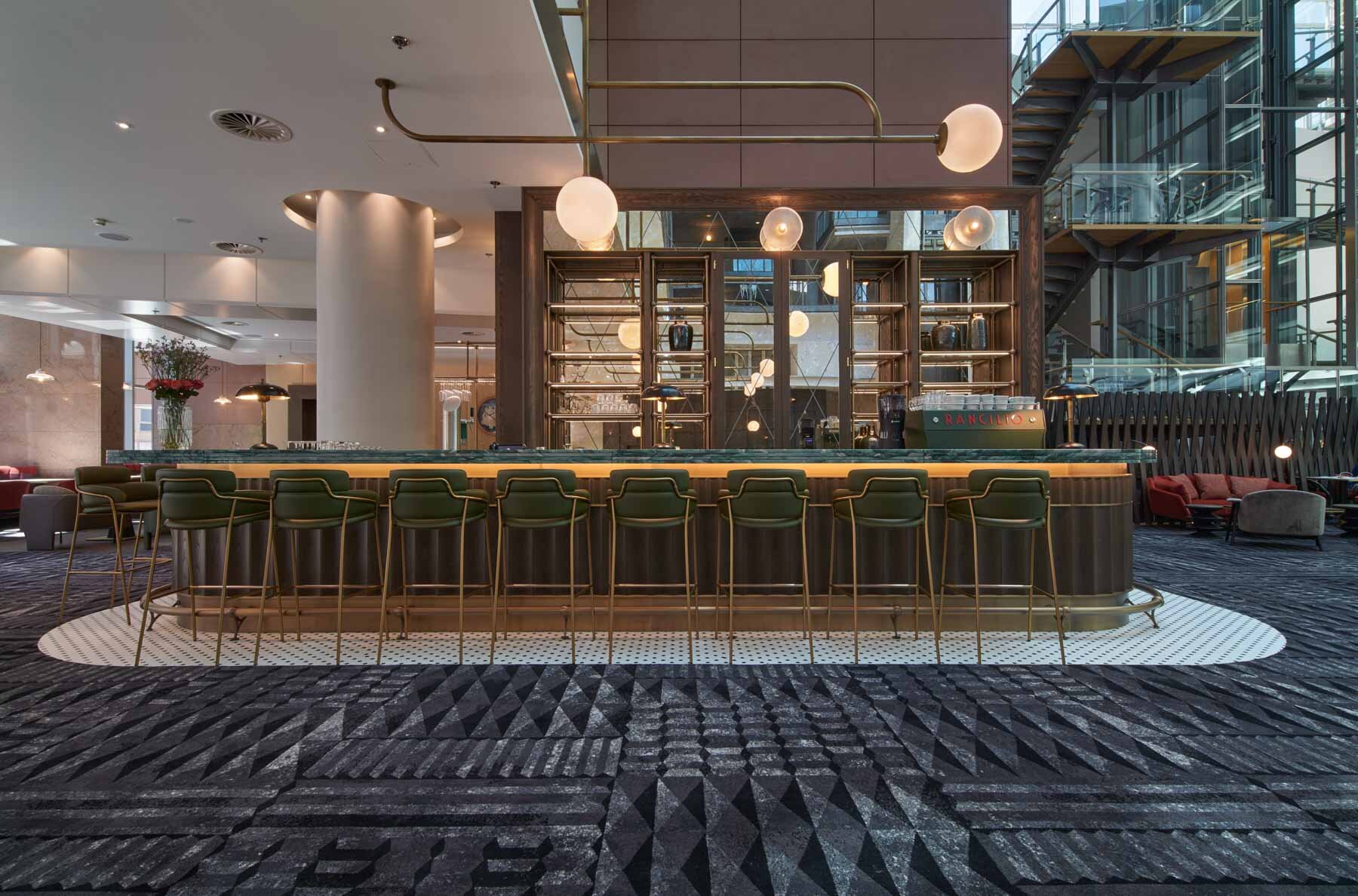
AM: How has the pandemic affected the needs of your client base?
Nick: COVID-19 has taught us that we can meet, share ideas and be creative in a virtual setting. Many companies are now more comfortable with staff working from home and, as workers, we are more used to presenting professional solutions from our home. I think as individuals, we will wish to seek every opportunity to return to a new new normal, which won't be the same as pre-March 2020, but will see us returning to the workplace as far as possible.
Memorable meetings will become the norm, meetings that are less learning-focused and more event-focused. Business hotels will reorganise their meeting spaces and adapt them to become more playful and event-facing, with breakout areas used for food presentation, demonstrations, yoga, dance — almost anything to enthuse the participant. Leisure-focused hotels will perhaps realise there are new possibilities to create small MICE (business tourism) areas within their hotels — especially during quiet winter months.
AM: What have been the major challenges for the studio during lockdown?
Manuela: Sometimes it has been hard to work with materials and samples at home... we need to see materials, to touch things, to speak to clients and suppliers face-to-face. Designing details without being in front of something can get very complicated too.
AM: Have travel restrictions affected the way you work?
Manuela: Definitely. We used to be on-site quite a lot. We've realised we could travel less... but we've also realised we enjoy it so much and we can't wait to go back to travelling again.
AM: What have you learned, in terms of the last 12 months, about working together as a team?
Both: We became pros at Zoom, Teams and all the other online platforms but we learned to cherish the time spent together when we could be in the office.
AM: Sustainability is important to you; what was the motivation behind your Sustainable Manifesto and #thdpsustainablemanifesto / #sustainablefriday campaign
Nick: In 2021 we published our Sustainable Manifesto and every Friday we post an extract on Instagram. Furniture design is evolving slowing to focus on sustainability and so is our work — sometimes nothing is more sustainable than to re-use and adapt. There could certainly be more companies focusing on up-cycling hotel furniture, collecting it to repair and re-finish it. Before we throw anything away, we should ask ourselves if it's possible to re-use it.
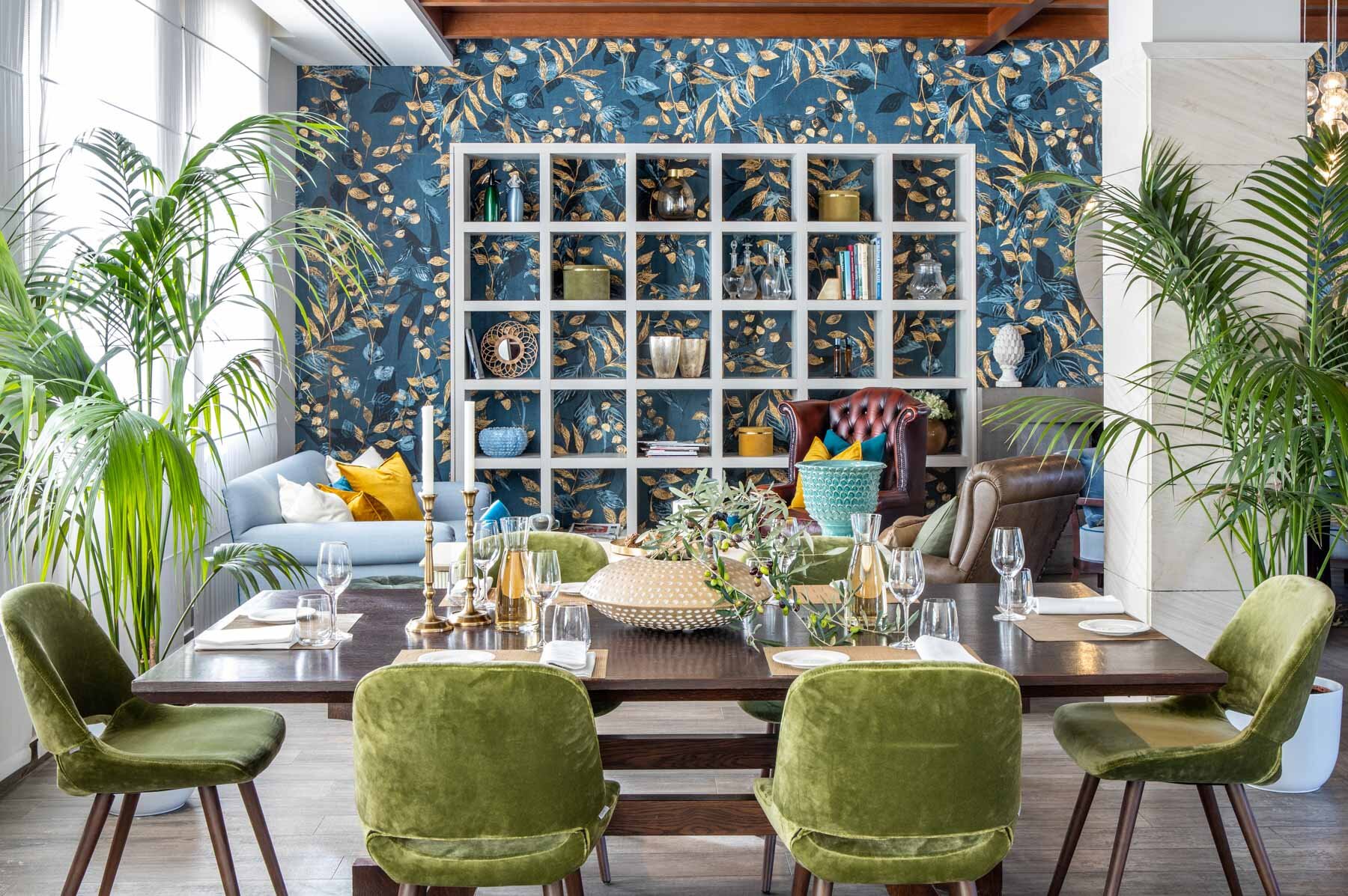
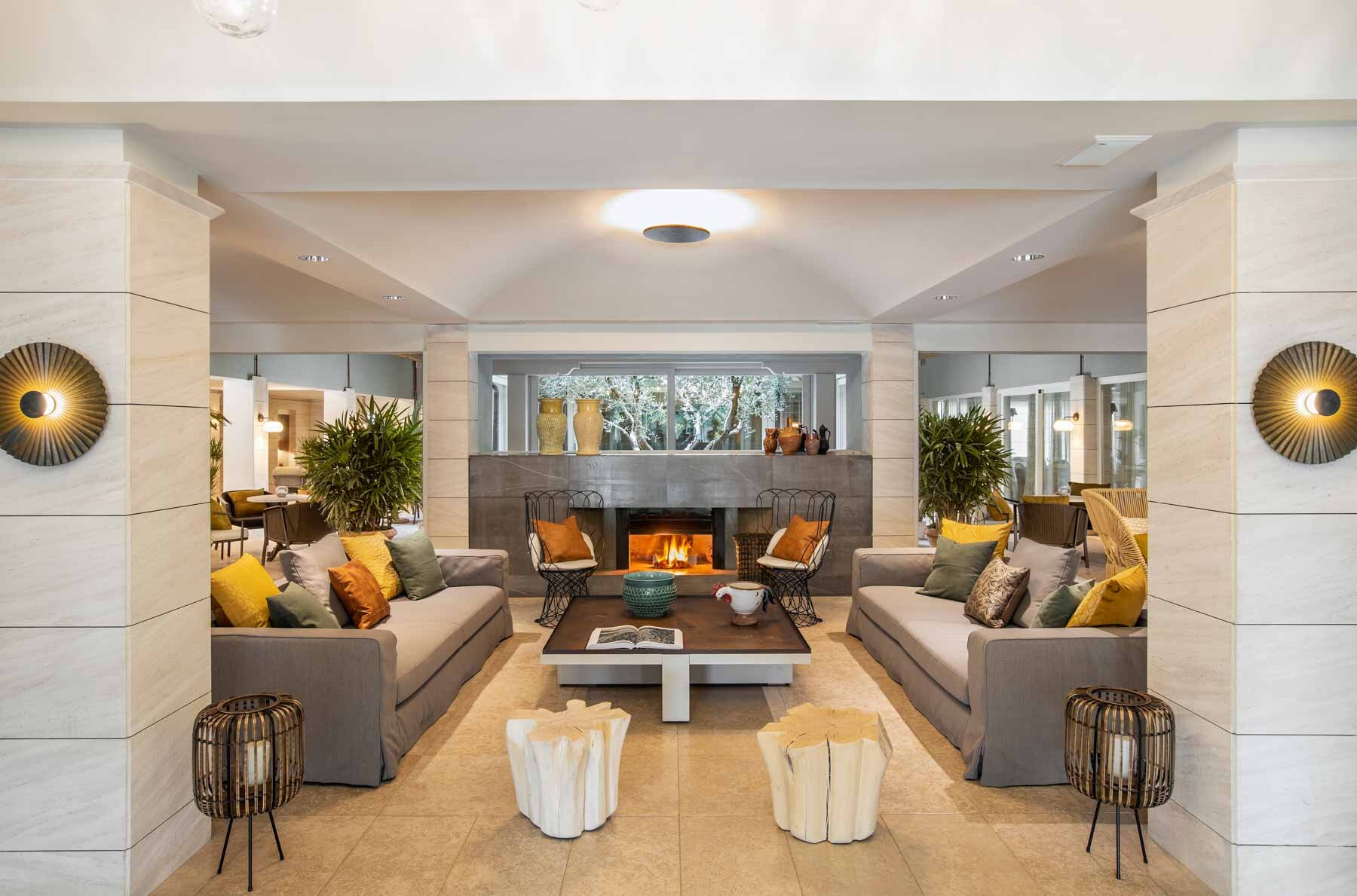
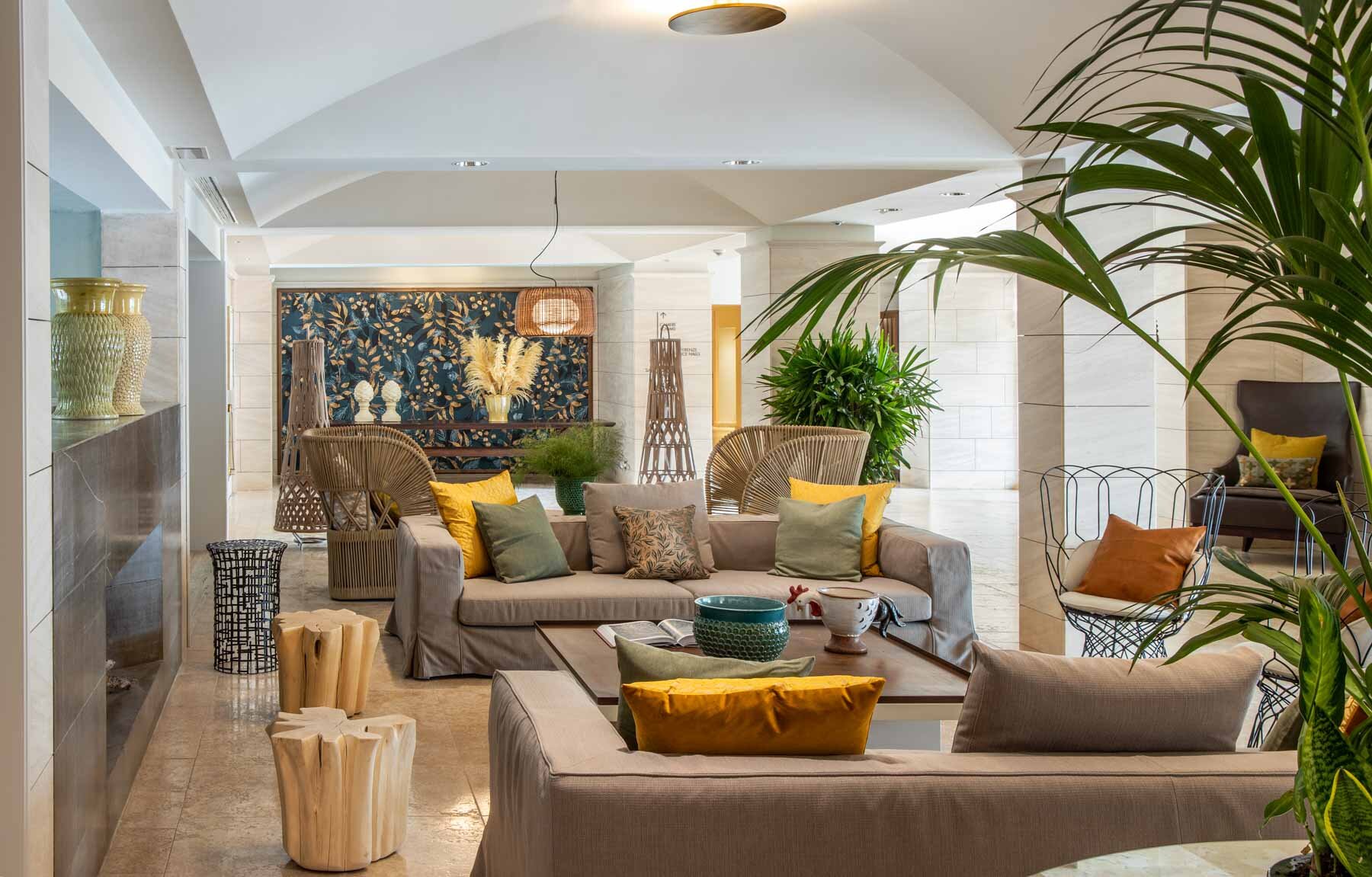
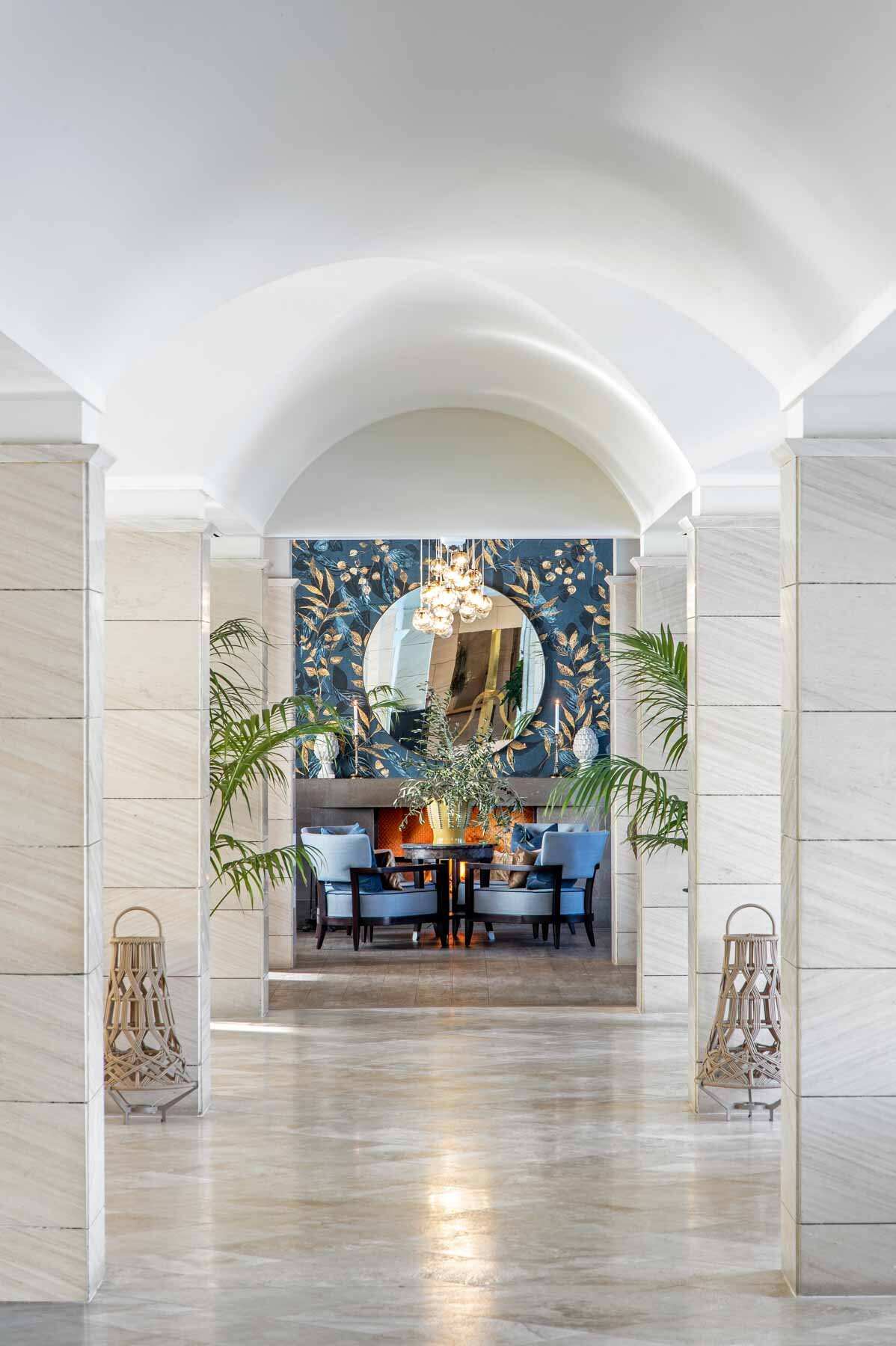
AM: Is it hard to balance the practical with the beautiful?
Manuela: Always — that's the fundamental challenge of what we do. You have a budget and a briefing and often what you are trying to do is to find the right road through that. Design is all about delivering a result.
AM: ALHAUS exists to tell stories and maintain brand identities within culture. How important is 'capturing a sense of place' to your projects around the world?
Both: We create enduring concepts, starting with a strong visual narrative focused on locally inspired details. For us, every space has its very own place in history; if it doesn't, we will make one. We take time to look deeply at every location, hotel and building, to walk its nearby streets, talk to its neighbours, taste its food and finally to uncover the story within. Our mission is to tell this story and form it into a design experience, a way for each interior and every hotel to express itself both authentically and creatively.
AM: If you could change one thing (in how you share your brand story), what would it be?
Manuela: I have been a Tutor at the Chelsea College of Arts on their Hotel Interior Design Short Course, a role that has stimulated our office and engaged us with upcoming trends, hotel owners, and operators. If we had more time, we would go ahead with this. And I will be thrilled to do it again in the future.
AM: Do you think consumer demand for high-end luxury will grow in 2021 post-Covid, or will there be a more low-key emphasis?
Nick: I think people will realise they have lost a year of their life. For this reason, I think they won't be seeking short-term luxury experiences but more in the long-term. They will be more considerate about how they use their time and they will probably travel less.
AM: Can you tell us about any new design trends you're exploring?
Both: We are not big fans of the word “trend” and in our work tend to create timeless spaces. We always try to find new ways to deliver experiences, new stories to tell. In the past, hotels were just “hotel vessels”, empty places where people went to sleep and stay. Hotel restaurants were just a place in which to eat quickly before going out to explore the city. Now, hotels want people to stay in, or visit just to eat at their unique restaurants. They want to engage with people, to let them live and experience.
AM: What ambitions do you have for 2021?
Manuela: The Hilton DoubleTree Rome Monti has just opened its doors. We are working on a fortified farm building in Puglia, southern Italy, with more projects to come. For the future, we are looking forward to expanding our European network.

